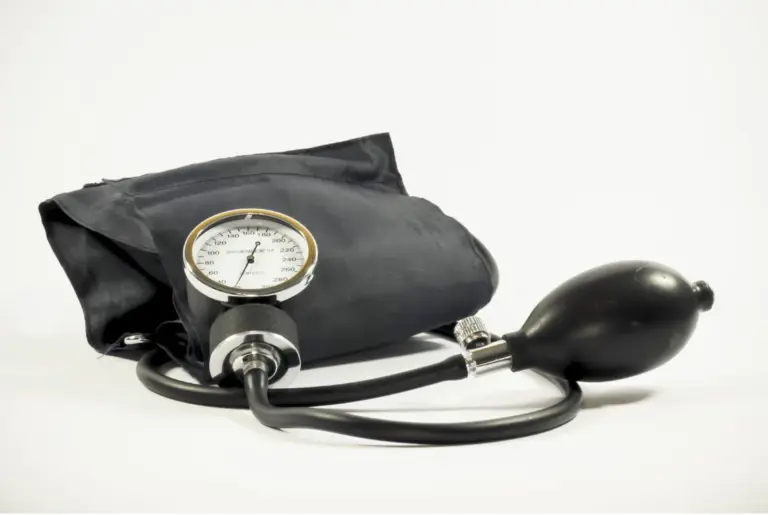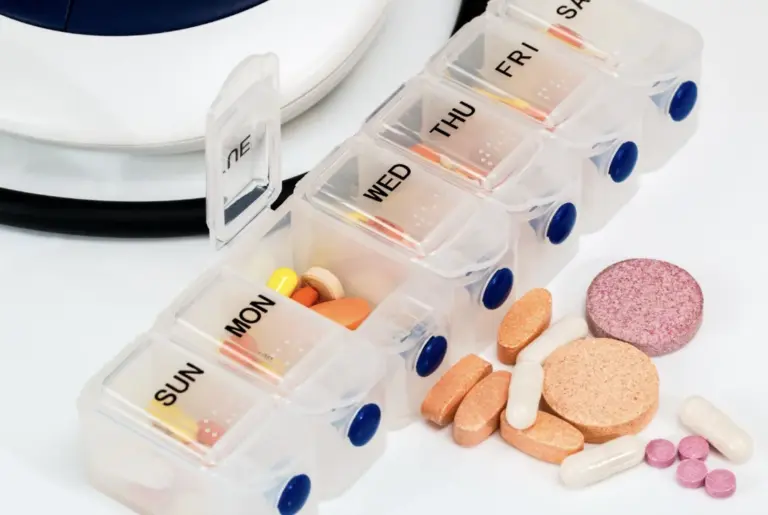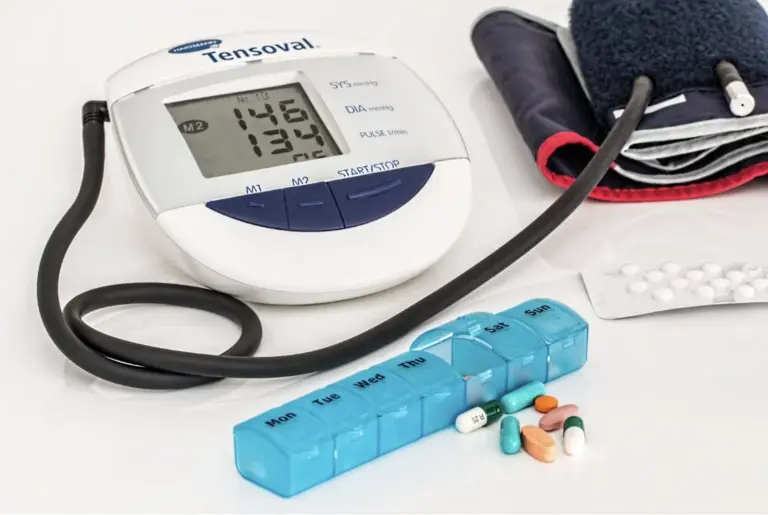Stress has become a part and parcel of today’s fast-paced, hectic world, where our routine is rife with the burden of expectations and nagging deadlines. This makes learning to manage stress an inevitable life skill for all. Excess stress has been linked to an increase in blood pressure, but it’s equally important to understand how it can affect our health as a whole. Let’s take a look.
How Can Stress Impact Our Health?
When faced with a stressful situation, our bodies react by releasing the stress hormones, adrenaline and cortisol, into the blood. These hormones increase our heart rate, raise our blood pressure and boost energy to prepare the body for the “fight or flight” response.
Once the stressful event is over, the effects of the response disappear and the blood pressure returns to its normal levels. This is known as situational stress.
However, modern times present recurring stressful patterns that cannot be tackled with a “fight or flight” response. It’s hard to eliminate or flee it, and this chronic stress can cause our bodies to be in a constant state of reaction for days or weeks at a time.
Stress can also lead to poor diet habits and excessive alcohol consumption, both of which can aggravate blood pressure further.
What Are The Ways To Manage Stress And Control High BP?
Although stress is a fact of life, there are ways in which we can reduce it through healthy habits. Here’s how you can manage stress and stay more in control of your health by making the right choices.
- Be Mindful Of Your Food Intake
 Avoid high-sodium, processed junk and stick to freshly prepared, homemade food. Don’t overeat or skip meals. Try to include a wholesome diet of fresh vegetables and fruits, whole grains and legumes, unsalted nuts and seeds, lean meat, poultry, eggs and fish, and low-sodium spices, seasonings and condiments. Limiting your alcohol intake and refraining from smoking plays a role in the reduction of stress and management of hypertension.
Avoid high-sodium, processed junk and stick to freshly prepared, homemade food. Don’t overeat or skip meals. Try to include a wholesome diet of fresh vegetables and fruits, whole grains and legumes, unsalted nuts and seeds, lean meat, poultry, eggs and fish, and low-sodium spices, seasonings and condiments. Limiting your alcohol intake and refraining from smoking plays a role in the reduction of stress and management of hypertension. - Exercise Regularly
 Regular moderate-intensity physical activity for at least half an hour every day is an absolute must. You can walk, jog, hike, cycle, swim, dance or play your favourite sport. Exercising daily has been proven to lower blood pressure, strengthen the heart, reduce stress, improve your emotional health, and control weight.
Regular moderate-intensity physical activity for at least half an hour every day is an absolute must. You can walk, jog, hike, cycle, swim, dance or play your favourite sport. Exercising daily has been proven to lower blood pressure, strengthen the heart, reduce stress, improve your emotional health, and control weight. - Know Your Limits
 It’s important to learn to say ‘no’. Don’t try to over promise or overdo work that is way beyond your capacity. Reevaluating and shortening your list of priorities will help you manage your time more easily and effectively lower the amount of pressure.
It’s important to learn to say ‘no’. Don’t try to over promise or overdo work that is way beyond your capacity. Reevaluating and shortening your list of priorities will help you manage your time more easily and effectively lower the amount of pressure. - Understand What’s In Your Control & What’s Not
 You may not be able to change events that are outside your control, but you can change how you respond to them emotionally and psychologically. It’s important to accept the events that you cannot change, and make plans to change the events that you can through communication, action and help from others. Don’t ponder over triggers that you know will upset you and steer clear of them as much as you can.
You may not be able to change events that are outside your control, but you can change how you respond to them emotionally and psychologically. It’s important to accept the events that you cannot change, and make plans to change the events that you can through communication, action and help from others. Don’t ponder over triggers that you know will upset you and steer clear of them as much as you can. - Nurture Positive Experiences & Relationships
 Leave aside at least 15-20 minutes in a day to relax your mind, breathe deeply and focus on positive thinking. Indulge in activities that you love and enjoy whenever you feel stressed, like cooking or baking, playing an instrument or listening to music, reading, dancing or gardening. Invest in relationships that help support, encourage and build your personal achievements. Express gratitude for all the good things and people in your life to help reduce stressful thoughts and find contentedness and fulfillment.
Leave aside at least 15-20 minutes in a day to relax your mind, breathe deeply and focus on positive thinking. Indulge in activities that you love and enjoy whenever you feel stressed, like cooking or baking, playing an instrument or listening to music, reading, dancing or gardening. Invest in relationships that help support, encourage and build your personal achievements. Express gratitude for all the good things and people in your life to help reduce stressful thoughts and find contentedness and fulfillment.
Learning to control stress will make a huge difference in your physical and emotional well-being which is important for managing hypertension. To know more about hypertension treatment guidelines, you can visit to our website.
Disclaimer
The information contained in this article is to educate, spread awareness in relation to hypertension and other diseases to the public at large. The contents of this article are created and developed by BPinControl.in through its authors, which has necessary, authorisations, license, approvals, permits etc to allow usage of this articles on The Website. The views and opinions expressed in this article are views, opinions of the respective authors and are independently endorsed by doctors. Although great care has been taken in compiling and checking the information in this article, The Website shall not be responsible, or in any way liable for any errors, omissions or inaccuracies in this article whether arising from negligence or otherwise, or for any consequences arising therefrom. The content of this article is not a substitute for any medical advice. The Website shall not be held responsible or liable for any consequence arising out of reliance on the information provided in the article.




